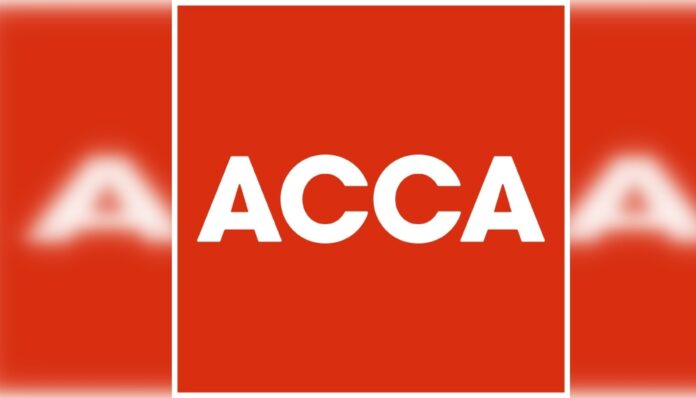
Lahore – August 09, 2024: ACCA’s latest report ‘Neurodiversity in accountancy’ explores the growing awareness by employers that those who are neurodivergent have real value to bring to an organisation. The report highlights targeted hiring programmes that have actively sought out neurodivergent talent to undertake specific roles.
It’s estimated between 15–20% of the population are neurodivergent. As a result, organisations have a moral responsibility to include and support neurodivergent individuals, creating workplace environments where everyone’s challenges are supported and strengths are celebrated, and where neurodivergent individuals can thrive.
The business benefits for organisations that embrace neurodiversity include:
- Diverse thinking: neurodiversity brings unique viewpoints, problem-solving approaches, fresh ideas and innovative solutions.
- Increased productivity: accommodations for neurodiverse individuals enhance overall productivity.
- Talent attraction: focusing on building neuro-inclusive workplaces attracts candidates – especially Generation Z.
- Talent retention: a neuro-inclusive environment fosters loyalty and reduces turnover.
- Enhanced creativity: neurodiverse individuals often think ‘outside the box’.
- Positive workplace culture: Employees feel respected and valued, leading to better morale.
This report shares stories of individuals who are neurodivergent within the accountancy profession and ultimately celebrates thinking differently, representing organisations as diverse as accountancy firms EY and Cooper Parry, recruitment firm Michael Page Malaysia, HMRC (the UK’s tax authority) and The Ritz London hotel. Numerous benefits to organisations were cited, from brand recognition and winning new business to accessing previously untapped talent pools. Bringing innovation, creativity and other valuable skills to the organisation was also recognised as a key benefit. Ultimately, a proactive approach in this area has an impact on creating value for an organisation, both financially and socially.
Report co-author Jamie Lyon, head of skills sectors and technology at ACCA says: ‘Supporting neurodivergent employees is essential for creating an inclusive workplace and this doesn’t need to be complex. Often knowing where to start can be the biggest challenge. Organisations can approach neuro-inclusion at both an organisational and individual level. The aim for any organisation should be neuro-inclusive design, where possible adjustments and ways of working are part of standard practice and no longer need to be requested.’
The research sought to understand the challenges neurodivergent individuals face at work and in education; their strengths; how organisations have implemented support at both the organisation and individual level; and thoughts about the future of neurodiversity at work.
It concludes with key recommendations for organisations to better support their neurodivergent employee community, from leadership buy in and sponsorship, education and training opportunities, through to inclusive job descriptions and recruitment practices.
Report co-author Tania Martin, Neuro-inclusion consultant at PegSquared concludes by saying ‘With an estimated one in five of the workforce being neurodivergent, and more people willing to openly share their stories, it is becoming even more important that employers are proactive in understanding and building neuro-inclusive workplaces. So often we find what works for one, benefits so many. But broader than that, neurodiversity also impacts employers’ clients and customers. Having an understanding of neuro-inclusion can be a competitive advantage – harnessing neurodiversity is ultimately good for business.’
Read the report and access the employers’ guide here.









































